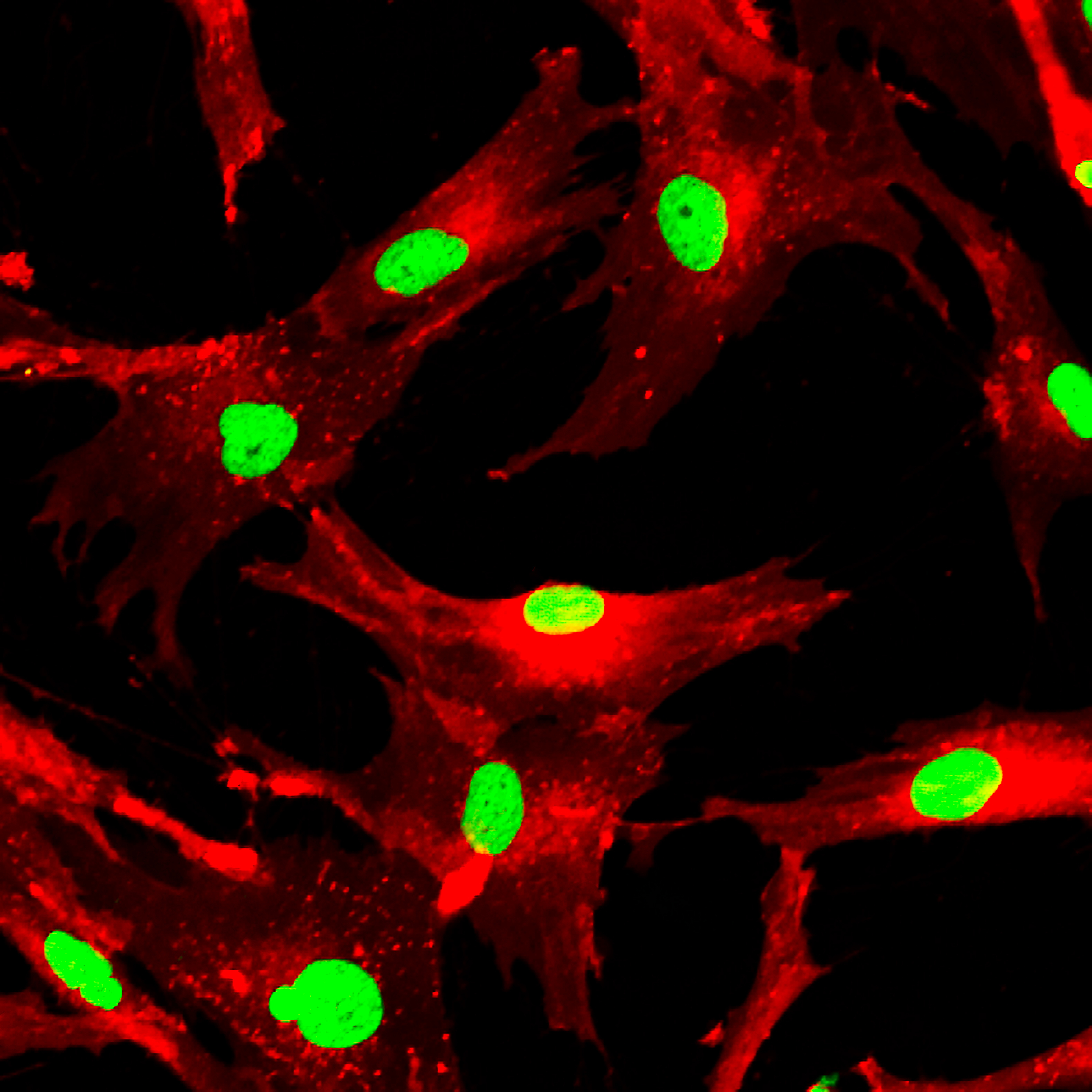Cell Surface Marker on Lung Fibroblasts Seen to Indicate Disease Severity in IPF Patients

Researchers at the University of Birmingham, United Kingdom, found that CD248 — a surface marker expressed on fibroblast cells in the lung — might also serve as a marker of disease severity in patients with idiopathic pulmonary fibrosis (IPF). The findings also indicate that CD248 might be a suitable target for drug development exploration.
CD248, also known as Endosialin and previously investigated in kidney fibrosis and rheumatoid arthritis, is a molecule found on the surface of cells developing from mesenchymal cells — a cell type serving as a precursor for fibroblasts and similar cells.
The study, “Role of CD248 as a potential severity marker in idiopathic pulmonary fibrosis,“ published in the journal BMC Pulmonary Medicine, explored the amount of the factor present in tissue samples from 22 IPF patients who had undergone lung biopsies or transplants. The group consisted of 11 patients with mild to moderate fibrosis, and 11 with severe fibrosis. None of the patients had received disease-modifying treatment before the surgery.
Tissue analysis revealed that CD248 was present on fibroblast-like connective tissue cells, but not on other cell types, such as epithelium, smooth muscle, or inflammatory cells. Areas with more established fibrosis held more cells expressing the surface marker.
When comparing levels of CD248 between patients with mild and severe IPF, the team noted that those with severe disease had substantially higher levels in lung tissue. The levels also correlated with measurements of lung function, where higher levels were found in patients with lower lung function.
Researchers then isolated fibroblast from six patients and an equal number of control individuals, and cultured the cells in the lab. Analyses of the cells confirmed tissue results, showing higher levels of CD248 in fibroblasts from patients. The cells produced less of the factor when treated with TGF-beta, a finding that could not be observed in fibroblasts from healthy lungs, indicating that the disease somehow alters the control of CD248 by TGF-beta.
To study the role of the surface marker, the team also removed the molecule from the cells by a technique known as knock-down. It concluded that CD248 is needed for the expansion of fibroblasts, but not for the development of fibrosis-causing myofibroblast cells, demonstrating that these processes might be selectively targeted.






